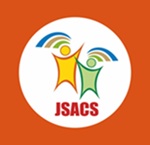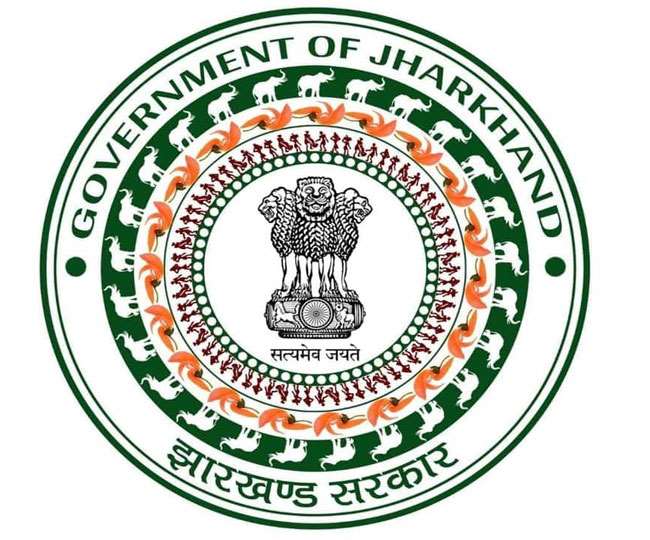ICTC stands for Integrated Counselling and Testing Centre.
Intervention (HIV/AIDS Related Services) among targeted population i.e. Female Sex Worker (FSW), Men Having Sex with Men (MSM), Injecting Drug User (IDUs), Migrants and Truckers is called Targeted Intervention. Given this pattern of epidemic transmission, it is most effective and efficient way to target prevention towards HRG members to keep their HIV prevalence as low as possible, and to reduce transmission from them to the bridge population.
A group of population or an individual that practices high risk behavior. This includes Female Sex Worker (FSW), Men having Sex with Men (MSM) and Injecting Drug Users (IDUs) to some extent Migrants and Truckers also.
A Female Sex Worker (FSW) defined as an adult woman who engages in consensual sex for payment in kind, as her principal means of livelihood.
Those who used any drug through injecting routes in the last three months.
The term Men who have Sex with Men (MSM) is used to denote all men who have sex with men as a matter of preference or practice, regardless of their sexual identity or sexual orientation and irrespective of whether they also have sex with women or not.
There are six (6) basic components of TIs –
- Referral/Linkage (To HIV/AIDS related service).
- Sexually Transmitted Infection (STI) Management.
- Behavioral Change Communication (BCC).
- Condom Promotion.
- Enabling Environment.
- Community Mobilization.
There are three core high risk groups (HRGs) of individuals who are most at risk include:
- Female Sex Workers (FSWs).
- High risk Men who have Sex with Men (MSM), and Transgenders (TGs).
- Injecting Drug Users (IDUs).
The broader transmission of HIV beyond these HRGs often occurs through those who also have lower risk sexual partners in the ‘general’ population. For example, a worker might also have a wife or other partner who is at risk of acquiring HIV from partner. Individuals who have sexual partners in the highest risk groups and other partners are called a ‘bridge population’, because they form a transmission bridge from the HRG to the general population. Truckers and Migrants are called ‘bridge population’.
The Opoid Substitution Therapy (OST) is a medicine (Beuprenorphin-BPN) used by IDUs under the tongue with the consult of expert medical officer. The OST has been recognized worldwide as an effective treatment for opioid dependence and harm reduction strategy. OST involves substitution of illicit, unsafe opioid drugs which may be taken through injecting route with a legal medicine which has similar properties as that of the injection opioid but taken with a safer route. The medicine is prescribed by a doctor and administered under the supervision of a trained health-care staff in such doses that the opioid dependent IDUs would not have craving or withdrawals. As the medicine takes care of the drug hunger, IDUs stop or reduce injecting drugs, leading to decreased risk of transmission of HIV and other blood borne viruses. However, the benefit of OST goes beyond prevention of HIV and other blood borne viruses. OST has been successful in reducing other harms related to drug, especially when combined with psychosocial interventions. The client on OST stops indulging in petty crimes, becomes stabilized psychologically, becomes able to think coherently, becomes able to take care of his family and also becomes gainfully employed.



